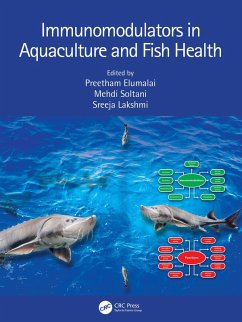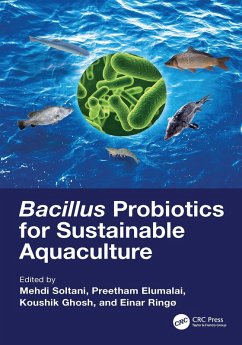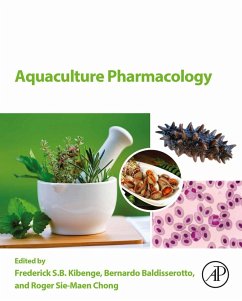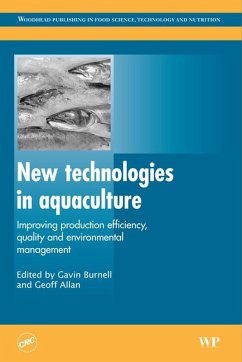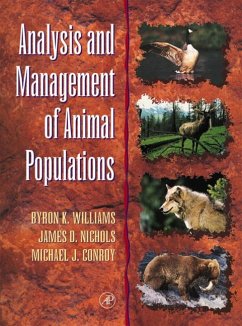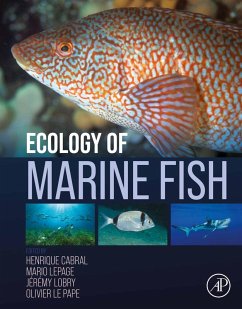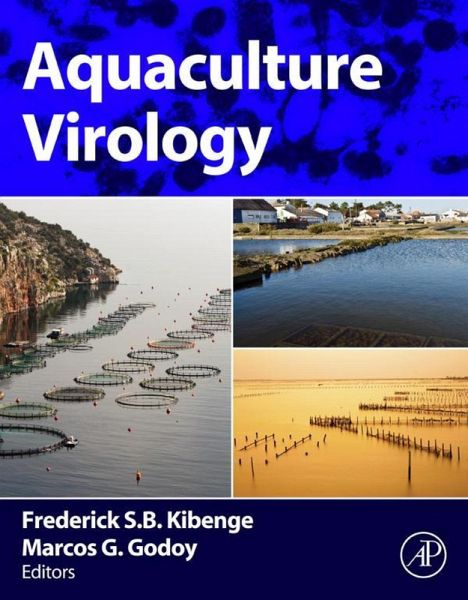
Aquaculture Virology (eBook, ePUB)

PAYBACK Punkte
46 °P sammeln!
To date textbooks on viruses infecting fish, crustaceans and molluscs, the three main aquatic animal farmed groups, have been on the whole "diseases-centric and individual viral diseases selected based on "epizoo-centric approaches with little to no coverage of the basic biology of the viruses, in contrast to textbooks on viruses infecting terrestrial - farmed, pet, and free-range (wild) - animals and humans. Despite considerable advances in animal virology in recent years coupled with an economically important global aquaculture industry, knowledge of viruses of animal aquaculture is still sp...
To date textbooks on viruses infecting fish, crustaceans and molluscs, the three main aquatic animal farmed groups, have been on the whole "diseases-centric and individual viral diseases selected based on "epizoo-centric approaches with little to no coverage of the basic biology of the viruses, in contrast to textbooks on viruses infecting terrestrial - farmed, pet, and free-range (wild) - animals and humans. Despite considerable advances in animal virology in recent years coupled with an economically important global aquaculture industry, knowledge of viruses of animal aquaculture is still sparse and in some cases outdated although these viruses are closely related to well-known virus families. The last book in fish virology (Fish viruses and fish viral diseases 1988, Wolf, K.) was published in the 1980s. A lot of work has been done on fish viruses and many new aquatic animal viruses continue to be discovered. Aquaculture Virology provides the current state of knowledge of aquatic animal viruses within the current virus classification and taxonomic context thereby allowing the reader to draw on the principles of general virology. This book is a systematic and concise resource useful to anyone involved with or looking to move into aquaculture and fisheries. Clinical veterinarians, aquaculture disease practitioners, biologists, farmers, and all those in industry, government or academia who are interested in aquatic animal virology will find this book extremely useful. - Provides unique comprehensive information on animal viruses for aquaculture and fisheries - Presents high quality illustrations of viral structure, diagrams of viral disease processes, gross pathology and histopathology lesions, and summary tables to aid in understanding - Describes aquatic animal viruses of the three major aquatic animals, fish, crustaceans, and molluscs, within the current virus classification and taxonomic context thereby allowing the reader to draw on the principles of general virology
Dieser Download kann aus rechtlichen Gründen nur mit Rechnungsadresse in A, B, BG, CY, CZ, D, DK, EW, E, FIN, F, GR, HR, H, IRL, I, LT, L, LR, M, NL, PL, P, R, S, SLO, SK ausgeliefert werden.





